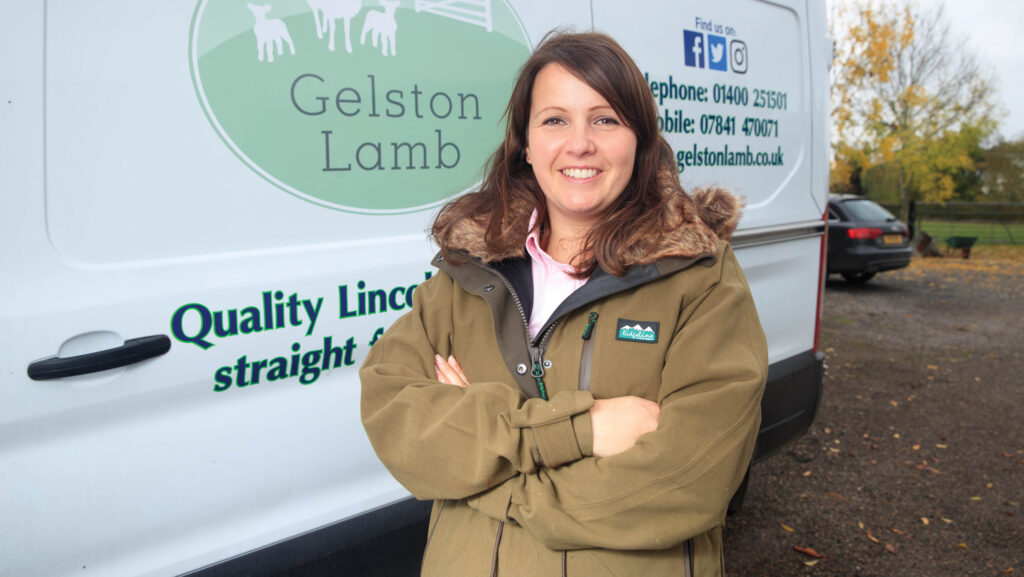Farmer Focus: Pulling out sheep that don’t make the grade
 Louise Elkington © Tim Scrivener
Louise Elkington © Tim Scrivener If farming wasn’t stressful enough, we are now in a restricted zone for the bluetongue virus (BTV). Luckily for us, all our winter keep is fairly local and within the zone. It’s still extremely worrying.
What would happen if our flock were affected? Our whole diversification business is based on home-reared lamb.
And it’s so close to tupping time, how could it potentially affect fertility in our ewes?
The terminal-sired lambs have struggled with scald a bit this year, which has resulted in them being slower to finish. However, we now seem to have got on top of the scald.
See also: How a suckler and sheep unit aims for 10% return after rent
They are growing well, and there are more coming ready each week than we need.
For us, we need lambs all year round, so we must be careful that they don’t get overfat, as most of our customers don’t like paying for fat!
All ewes have been given a bolus, which we now do pre-tupping, after blood tests showed we were very low in iodine.
Chris and I are big believers in blood testing before giving the flock anything, to make sure you’re not just giving them something because you think it will help.
While doing this, we have pulled out 10% of the lowest performing ewes and anything that has lumps in its bag or poor teeth.
We’ve found recording lamb weights very useful when improving flock performance, as this tells us which lambs have had the lowest weight gains to trace back to the ewes, and cull accordingly.
When trying to build flock numbers, it’s very hard culling a ewe that has no physical issues and is in top condition, but the figures don’t lie.
If she’s in great condition, though not done her lambs well, then unfortunately it’s time to go.
All our culls go through the butchery as mutton, so this does make the decision a little easier for us, as there seems to be a big demand for it now.
September has been a very busy month for Gelston Lamb, not just on the farm but also with so many events we have been catering at.
We have weekly deliveries, plus the pop-up shop, which is going from strength to strength.

